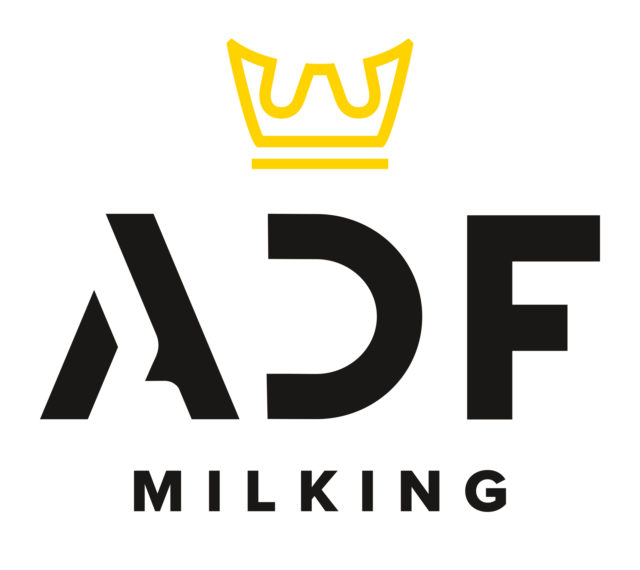Type 2 diabetes affects 11% of Canadian adults – roughly 3 million people – and costs nearly $20 billion annually. As a significant public health concern, the disease is influenced by genetics and lifestyle, with diet being one of the most modifiable factors in reducing diabetes risk.
U.S. health claim sets a precedent
Strong evidence suggests dairy, especially yogurt and cheese, may help lower the risk of Type 2 diabetes. In early 2024, the U.S. Food and Drug Administration (FDA) approved a qualified health claim for yogurt, stating that “eating yogurt regularly, at least 2 cups (three servings) per week, may reduce the risk of developing Type 2 diabetes.” This decision followed a petition from Danone North America and was supported by data from over 300,000 individuals. It highlights the role of nutrient-rich foods and lifestyle changes in managing diabetes risk.
Paving the way for progress in Canada
The FDA’s decision opens doors for similar advancements in Canada. Previous research led by Dr. Anthony Hanley of the University of Toronto under Dairy Research Cluster 2 linked certain dairy fatty acids to reduced Type 2 diabetes risk. To build on these findings, four new Canadian studies – funded by Dairy Farmers of Canada and international partners contributing around $700,000 in additional funds for two projects – aim to generate robust evidence supporting health claims for dairy.
New Canadian research on dairy and diabetes
University of Toronto: Systematic review and cohort study
Hanley’s team is conducting a systematic review and meta-analysis on dairy’s role in reducing diabetes risk. Using a cohort of 700 adults, they are examining how dairy, cheese and yogurt intake correlates with Type 2 diabetes. The findings will support a qualified health claim submission to Health Canada for yogurt and potentially cheese as diabetes-preventive foods.
University of Toronto: Clinical trials on dairy and obesity
Dr. Harvey Anderson’s team is running both short- and long-term trials to evaluate how dairy affects obesity and Type 2 diabetes in adolescents and older adults. These studies aim to strengthen the case for dairy’s role in combating both conditions and may lead to potential Health Canada claims.
Université Laval: Long-term cohort analysis
At Université Laval, Dr. Jean-Philippe Drouin-Chartier’s team is analyzing data from 4,700 Canadians tracked over 13 years. Their work explores how dairy impacts metabolism and diabetes risk, regardless of genetic predisposition. By combining cohort analysis with systematic reviews and meta-analyses, they aim to provide compelling evidence that Health Canada needs to consider new dairy claims in the future.
McGill University: Precision dairy trials
Dr. Sergio Burgos’ team at McGill University is leading randomized trials to examine dairy’s role in preventing Type 2 diabetes. They are studying how milk, yogurt and cheese affect insulin sensitivity, blood sugar, body fat and heart health in adults with prediabetes. By identifying dairy-specific fat markers, their work will generate precise evidence to support health claims for dairy’s protective effects on diabetes.
Toward healthier dietary guidelines
Collectively, these studies represent a significant step toward confirming dairy’s health benefits for Canadians. A health claim would communicate the role of dairy in reducing Type 2 diabetes risk, encouraging broader adoption of dairy products in daily diets. With strong scientific backing, these efforts could lead to widespread integration of dairy into dietary guidelines, benefiting millions of Canadians at risk of developing diabetes.
Dairy Farmers of Canada (DFC) invests in scientific research to foster innovation in the Canadian dairy sector. DFC supports research initiatives that benefit all Canadian dairy farmers and works in collaboration with its members and other sector partners to address priorities outlined in the National Dairy Research Strategy. The goals of this strategy are to increase farm efficiency and sustainability; enhance animal health, care and welfare practices; and strengthen the role of dairy in human nutrition and health, as well as in sustainable diets. Visit DFC Dairy Research online for more information.







